Reports
MOLDOVA’S PROGRESS IN THE EUROPEAN INTEGRATION PROCESS REMAINS MODERATE - ADEPT AND EXPERT-GRUP
30
july,
2014
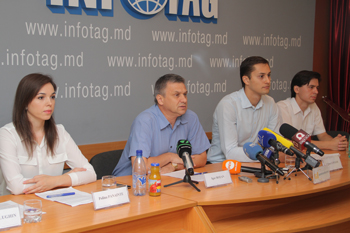 The experts of the Association for Participatory Democracy (ADEPT) and of the Еxpert-Grup Center made a conclusion that the progress made by Moldova in the European integration process in the second quarter of 2014 remains moderate.
The experts of the Association for Participatory Democracy (ADEPT) and of the Еxpert-Grup Center made a conclusion that the progress made by Moldova in the European integration process in the second quarter of 2014 remains moderate.
 The experts of the Association for Participatory Democracy (ADEPT) and of the Еxpert-Grup Center made a conclusion that the progress made by Moldova in the European integration process in the second quarter of 2014 remains moderate.
The experts of the Association for Participatory Democracy (ADEPT) and of the Еxpert-Grup Center made a conclusion that the progress made by Moldova in the European integration process in the second quarter of 2014 remains moderate.
On Wednesday, at the press conference, the ADEPT Director, Igor Botan said that Moldova has a visa-free regime and the signing of the Association Agreement with the EU is an undeniable progress.
“This became possible thanks to the progress registered in the Republic of Moldova in different spheres”, said the expert.
As to Transnistria, according to Botan, the Chisinau authorities have taken many attempts to rapprochement between the two banks of the Nistru River.
Adrian Lupusor, Director of the Expert-Grup said that without doubt the most successful outcome of the Republic of Moldova in the second quarter of 2014 is connected with the signing of the Association Agreement and free trade with the EU.
The expert noted the deterioration of the situation with Russia is one of the most important trading partners of the Republic of Moldova. “Restrictions on imports are exclusively political. Russia has no legal grounds for restrictions, which, in my opinion, will not be long”, said Lupusor.
The ADEPT expert, Marianna Calugin said that in the second quarter a progress, associated with the implementation of the justice reform strategy, is noted, saying that 59% of planned actions were implemented.
“During this period, the Parliament approved the concept of reforming the Prosecutor’s Office, which among other things proposes to amend the procedure for the appointment of the Prosecutor General – the appointment by the President on the proposal of the superior council of prosecutors. There is an increase of the satisfaction level to the justice system. A positive indicator in this respect is the growing number of meetings organized in the court halls and not in the judges’ offices”, she said.
Polina Panainte, the ADEPT expert, noted that the Parliament is seeking to demonstrate commitment to human rights, but so far these intentions remain unfulfilled in reality.
“The Parliament has not made a decision about the active participation of women in the decision making process, as well as on transparency in financing and regulation of media owners. We hope, however, that these important laws will be approved before the end of Parliament’s authority”, she said.
An expert Iurie Morcotilo appreciated the adoption of the legislative changes related to the sanctions tightening and increasing of bank’s transparency.
“This will allow the National Bank to better control the ownership structure of the banks and quickly intervene in case of emergency situations”, he said.



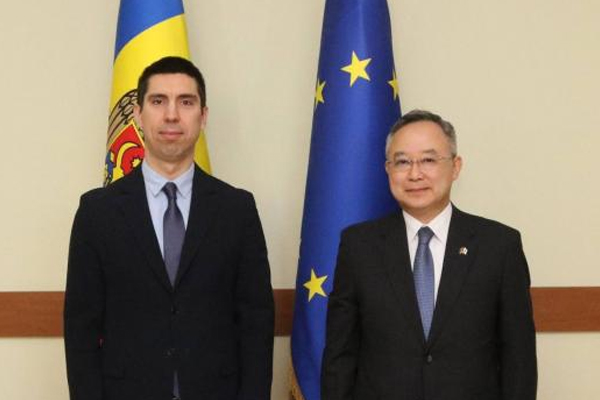

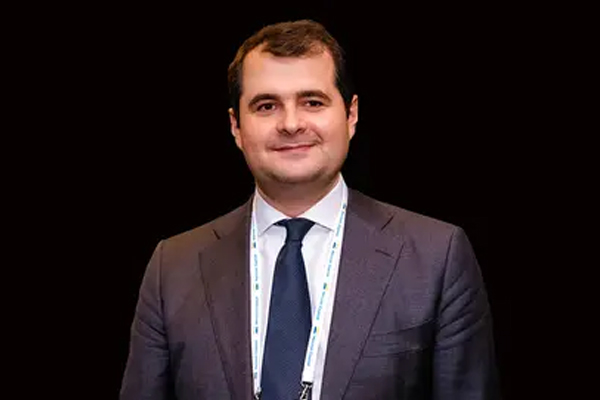

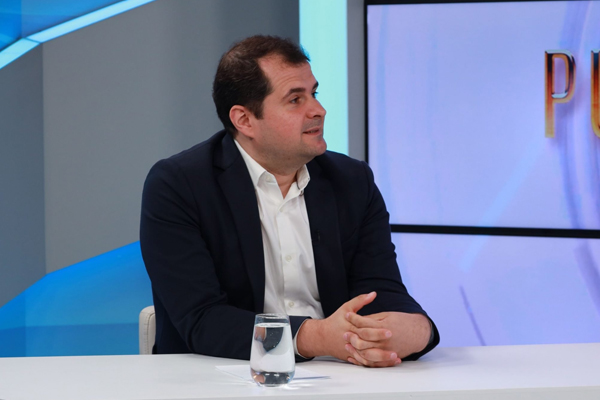
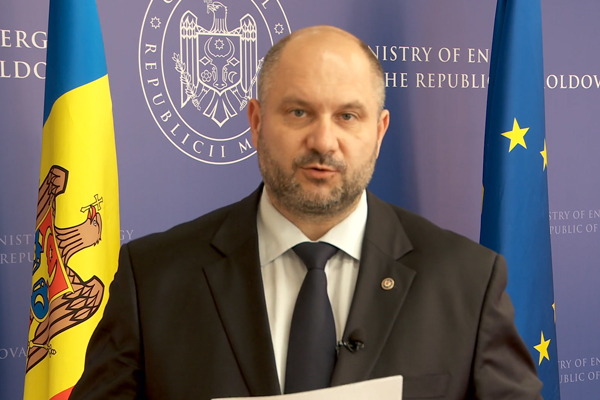

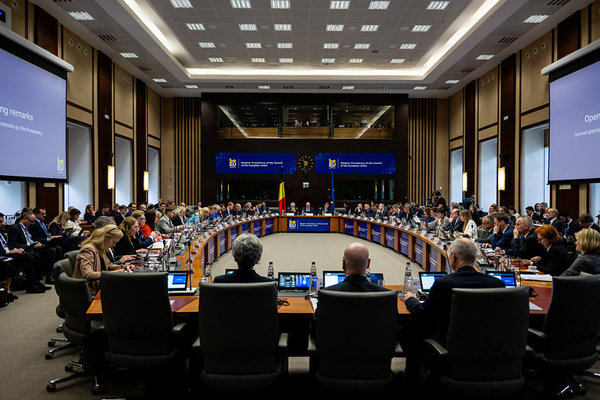



Add comment